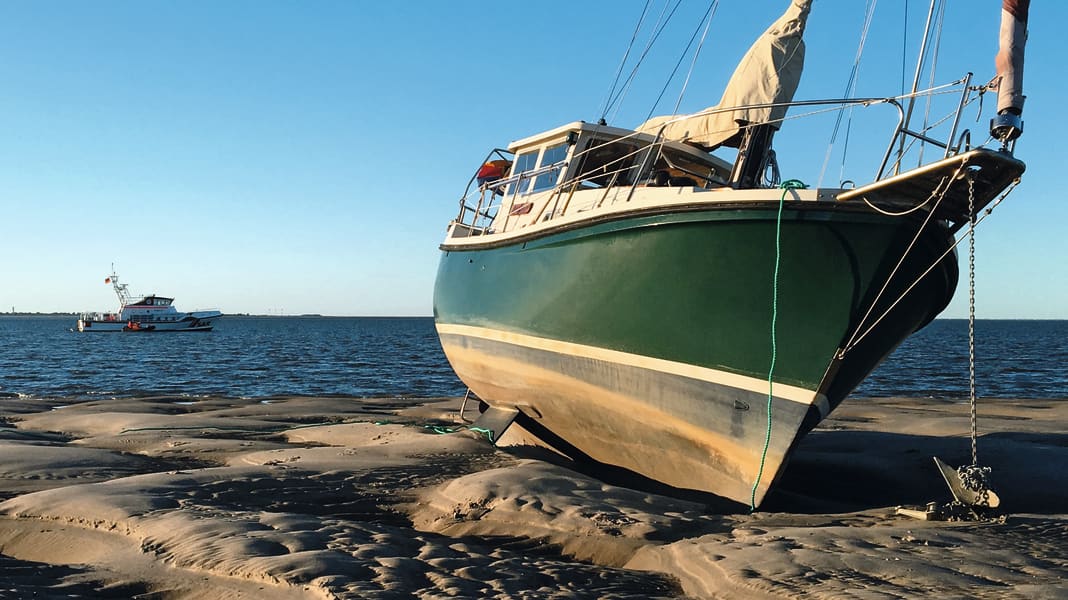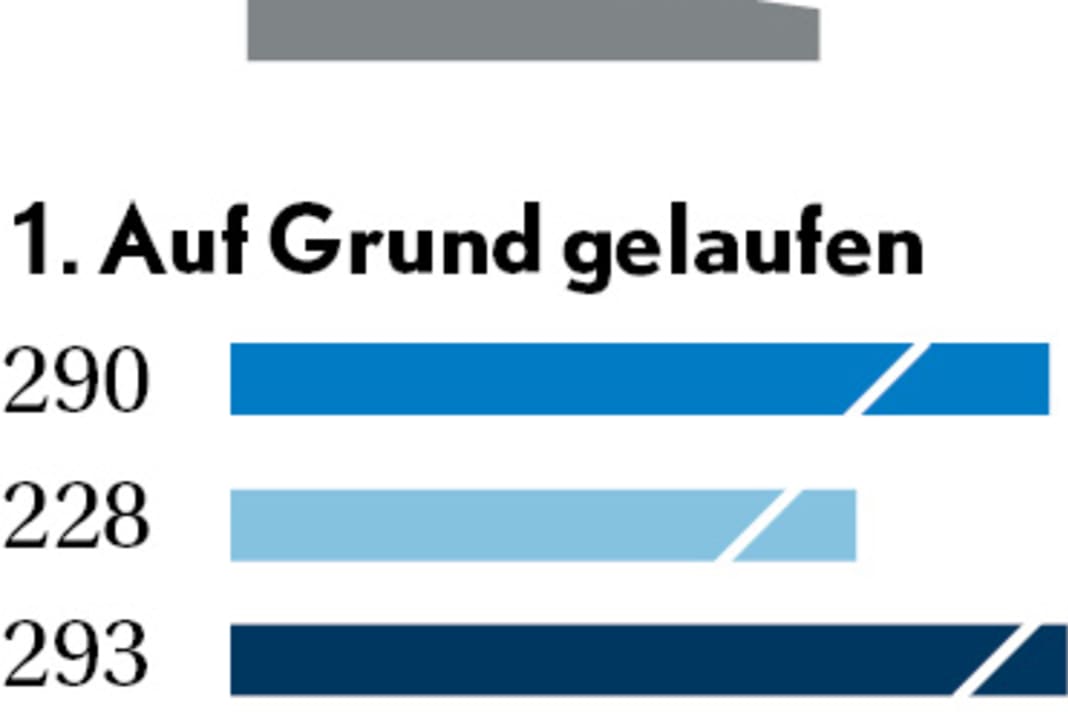
At the beginning of October, six sailors stranded a 15-metre yacht near the Flügge lighthouse on the island of Fehmarn. Several attempts by those called to help Sea rescuers attempts to pull the yacht back into deep water initially failed. However, when it was already being considered to have the crew towed away by helicopter, a final towing attempt was successful and the ship and crew were brought safely back to Heiligenhafen.
More on the topic:
Another sailor had a worse fate on the same weekend. South of Fehmarn, a 21-year-old man had to be rescued from a yacht by a SAR helicopter and flown to hospital. He had seriously injured his head on board. The skipper alerted the sea rescuers and urgently requested medical assistance. Shortly afterwards, the injured man was first taken to a rescue cruiser that had rushed to the scene of the accident and later flown ashore.
These are just two of many cases. They show how vital the work of the sea rescuers is. Even if the majority of their missions on the North Sea and Baltic Sea are not for sailors in distress, yacht crews are also always reliant on them - whether for technical assistance or rescue from mortal danger.
More on the topic: Maritime emergencies in the North and South
In 2023, DGzRS crews carried out a total of 1,938 missions, 733 of which were for sailors. The following top ten list of the most frequent causes of deployment shows why they were called out by the crews concerned.
Why sailors called for help:
Top ten causes of deployment in 2023 compared to previous years






The tasks of the DGzRS include
- the rescue of human lives from distress at sea,
- the coordination of all measures in the event of an emergency at sea and assistance within the German SAR area, and
- the monitoring of VHF channels 16 and 70 for emergency and safety purposes as well as the realisation of emergency, urgency and safety radio traffic on VHF in the German SAR area.
In the course of carrying out these tasks, there are other activities that are directly related to them. These include, among others
- First aid for rescued persons,
- Securing endangered ships and their crews,
- Assistance in rescuing the crews of seagoing vessels and aircraft from immediate danger,
- transport of sick and injured persons, including the provision of extended first aid and initial treatment of accident patients,
- any activities that help to prevent imminent emergencies and accidents,
- Support for German ships or German crews in emergencies abroad,
- assisting fire brigades in firefighting as far as possible and
- supporting the Central Command for Maritime Emergencies in complex emergencies.
